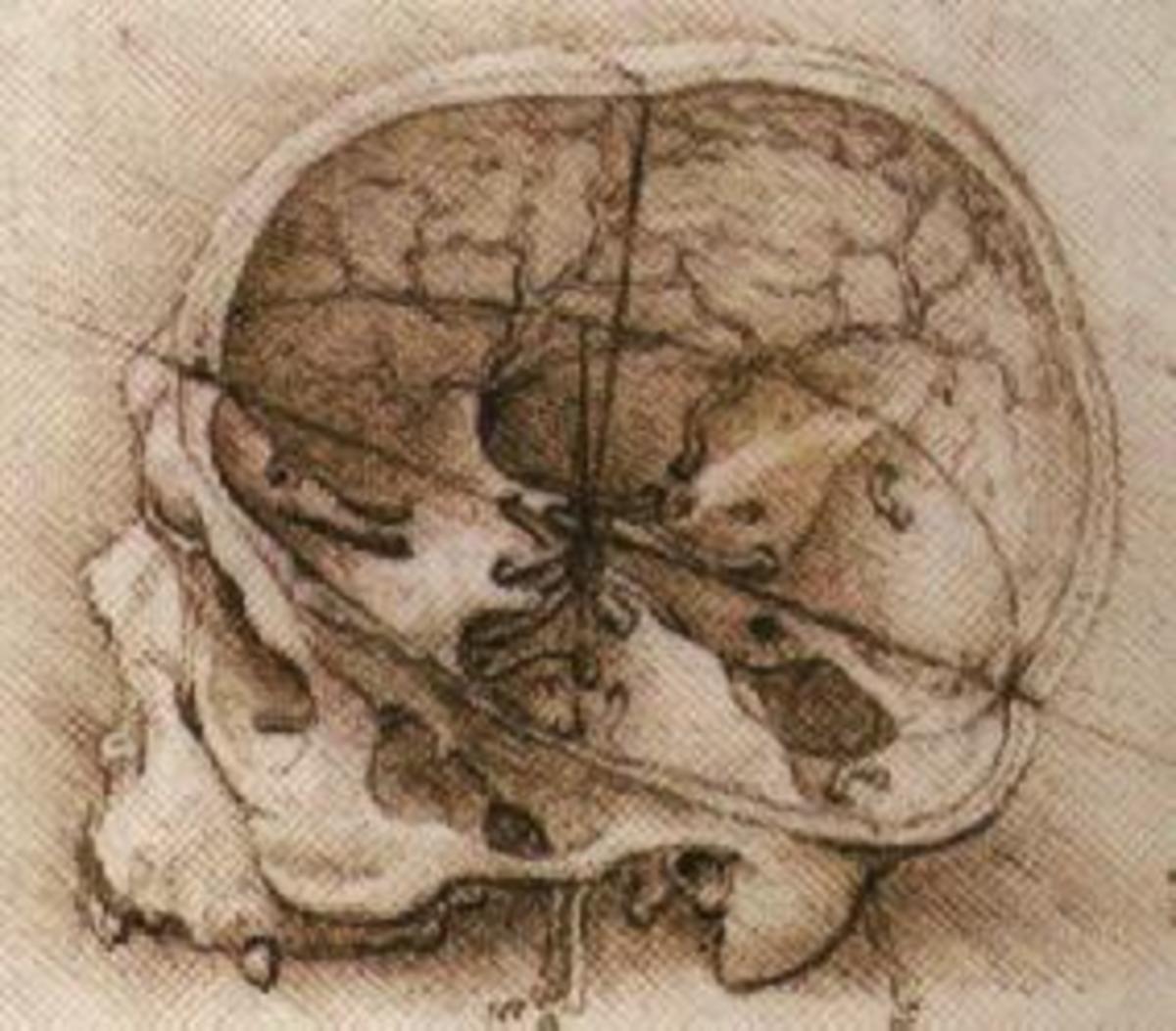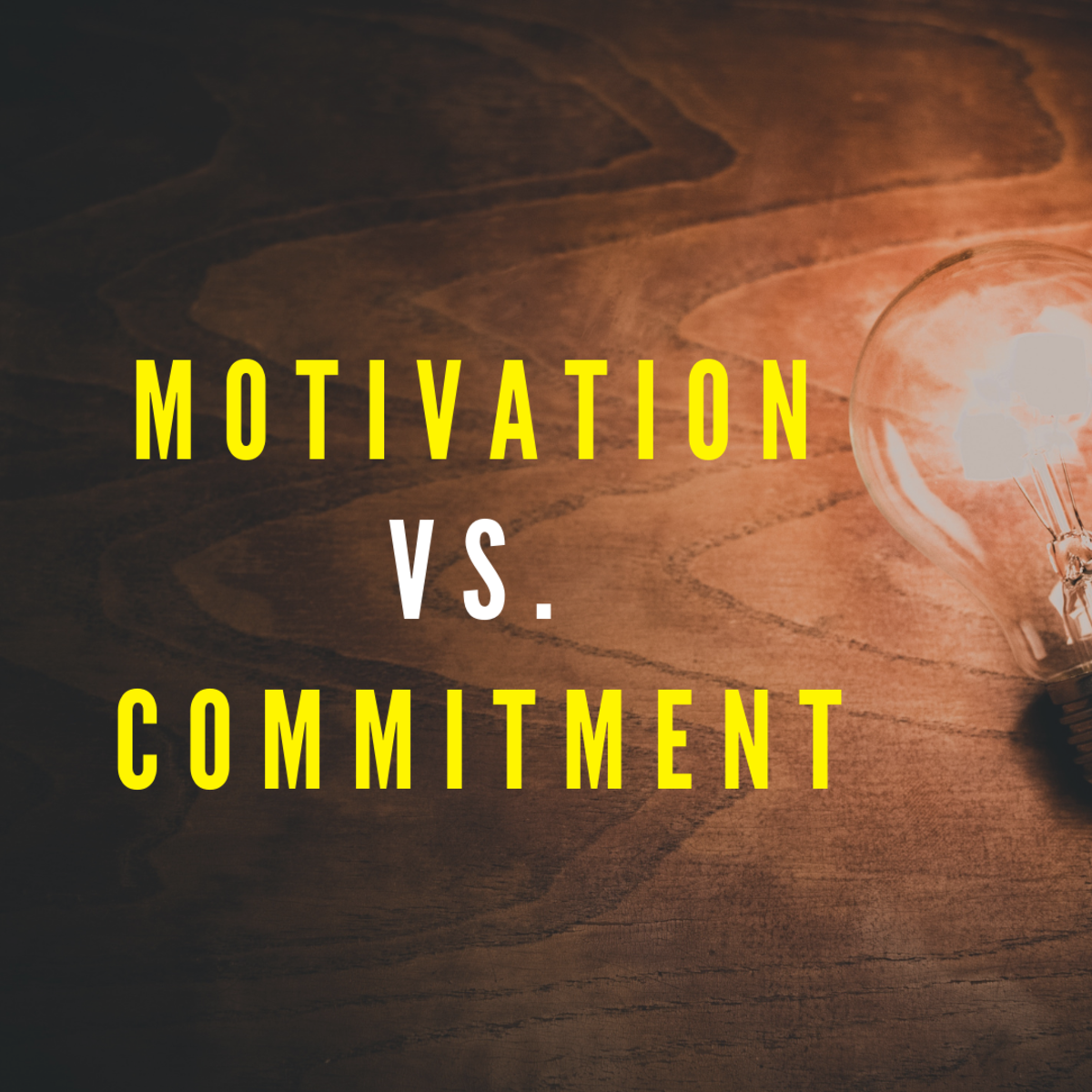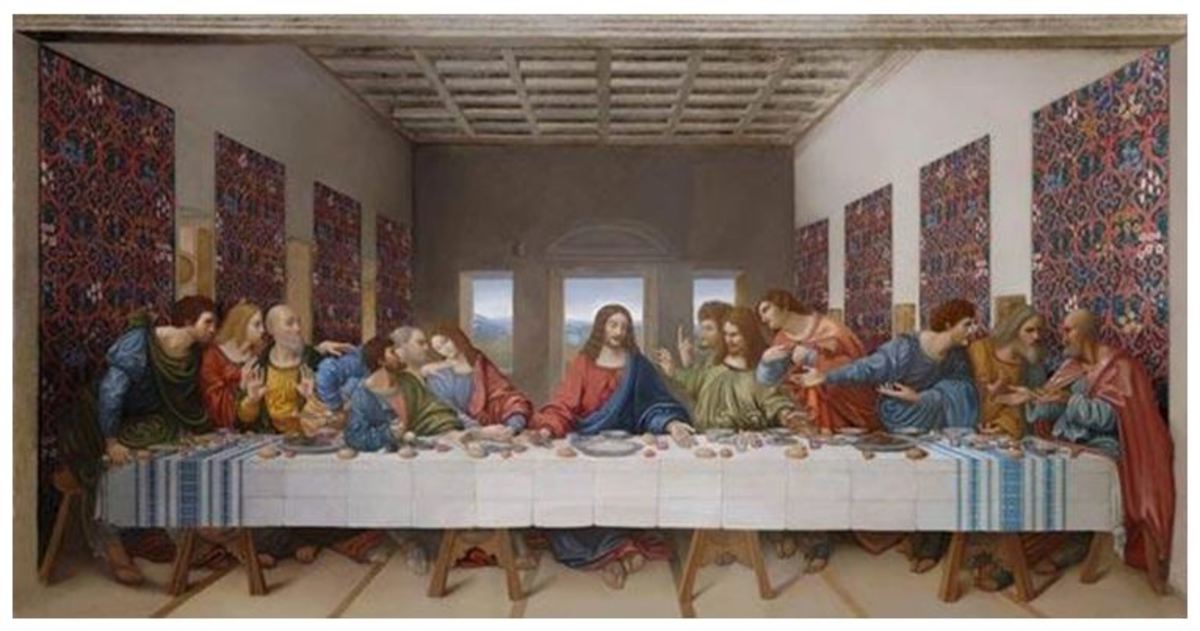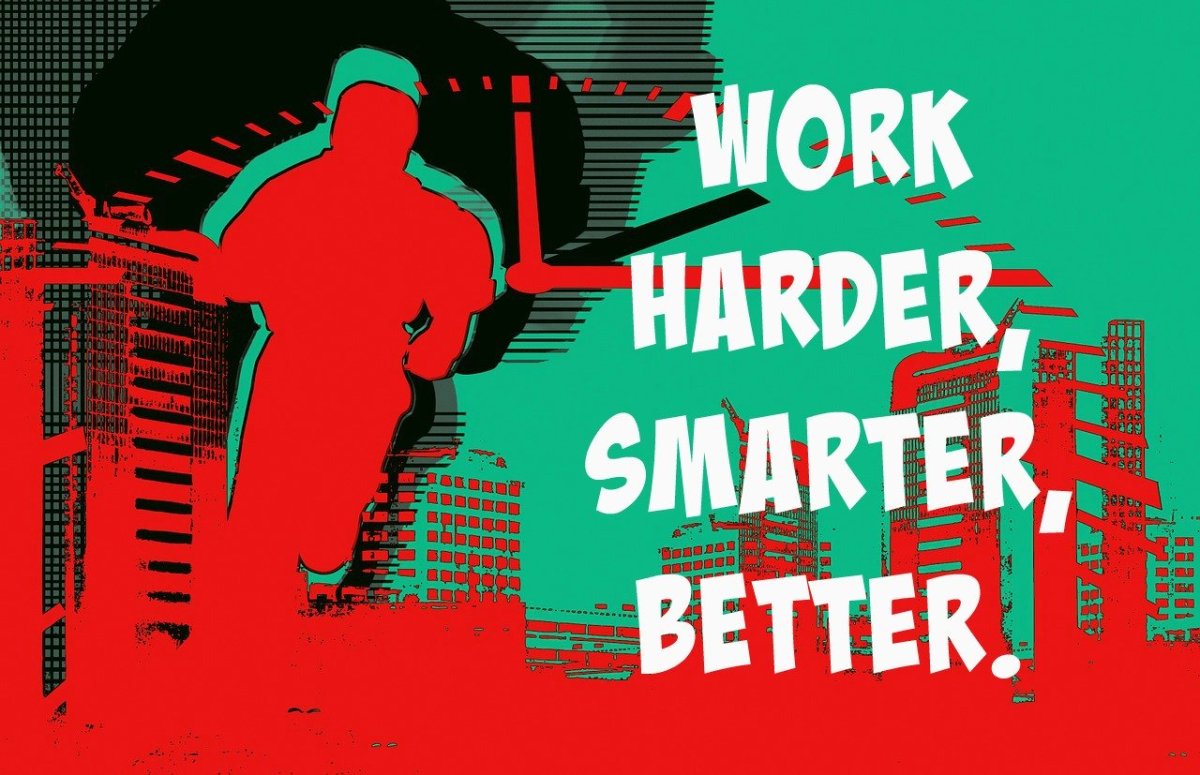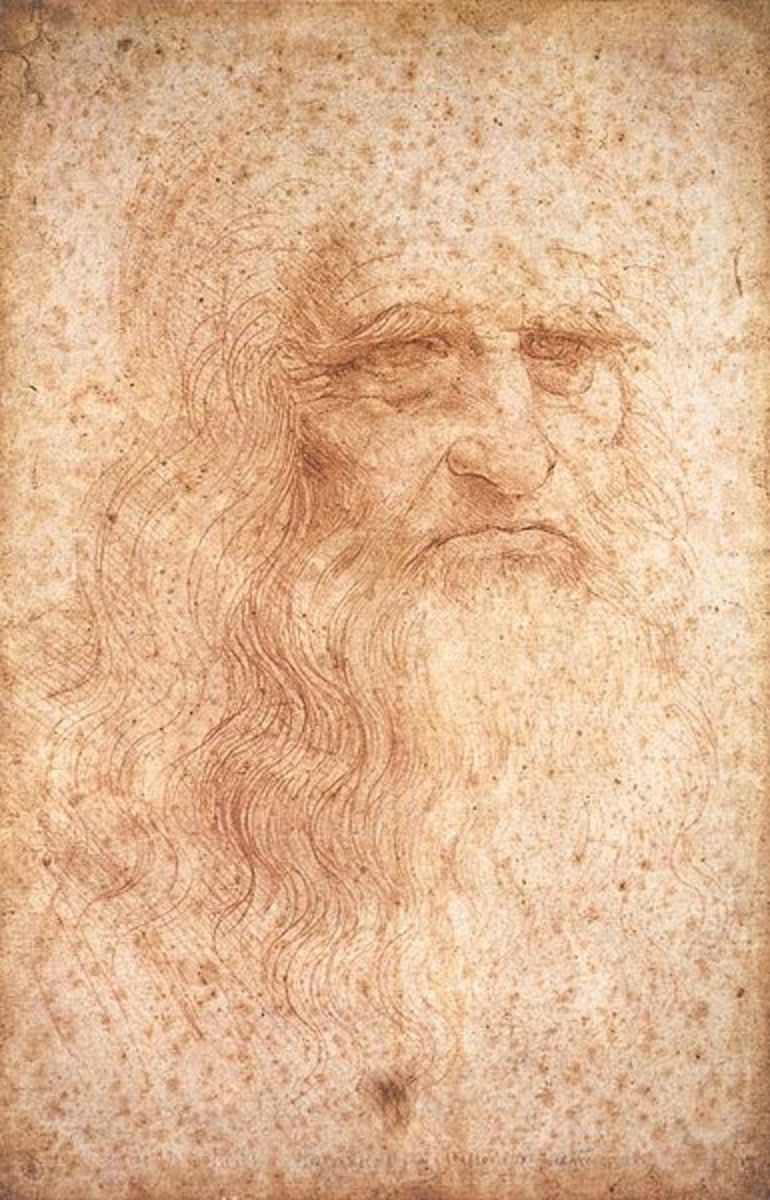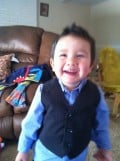- HubPages»
- Health»
- Quality of Life & Wellness»
- Personal Development
6 Ways to Become Your Very Best
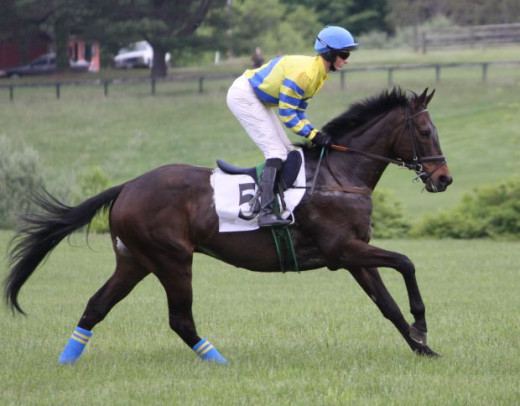

6 Tips To Get You Started And Do Your Best
The most important ingredient for accomplishing this act is discipline. It's been said that discipline is doing what you really don't want to do so that you can do what you really want to do. Let's look at some other qualities that are needed to help us do our very best:
- Excuses be gone. We all do it. Making excuses is a habit and it's a bad habit. I've listed this as the first step. No more excuses. If it's important to you, you'll find a way and if it's not, you'll find an excuse.
- Avoid distractions. Wikipedia says this about distractions. "Distraction is caused by: lack of ability to pay attention; lack of interest in the object of attention; or the great intensity, novelty or attractiveness of something other that the object of attention. Distractions come from both external sources, and internal sources."
- When we get a handle on minimizing distractions we accomplish so much more.
- Work at 90 minute intervals. Take a break - go for a walk or exercise, This will keep your mind focused on the work at hand.
- Stop procrastinating. This goes hand in hand with making excuses. When you are faced with a big project, break it up into smaller projects.
- Don't settle for good. Human nature tends to settle for good. Good food, good relationships, good health. Jim Collins, author of the New York Times best-sellingbook, "Good to Great, stated "Good is the enemy of great."
- Practice your skills. You will make greater progress as you practice and become better at what you want to achieve.
Anything Worth Doing Is Worth Doing Well
My daddy used to tell me, "Anything Worth Doing Is Worth Doing Well." He exemplified this in everything he did. He applied this notion even when polishing furniture. I would watch him as he diligently rubbed the polish in circular motions until the old used wood glistened. He would spend extra time on the carved legs making sure he got every nook and cranny. He took pride in the way every detail received the same consideration as the soft polishing cloth made it's way into every curve.
I didn't know then, as a little girl, how much my fathers example would influence my life. It seems that I have followed in his footsteps as I've consistently been told, "You give so much of yourself to your students." I do the same when I sing or perform a piano solo. The emotion simply pours out of me. Music brings me home, always to my true self.

Whatever you do, do with all your might
~ Marcus Tullius Cicero
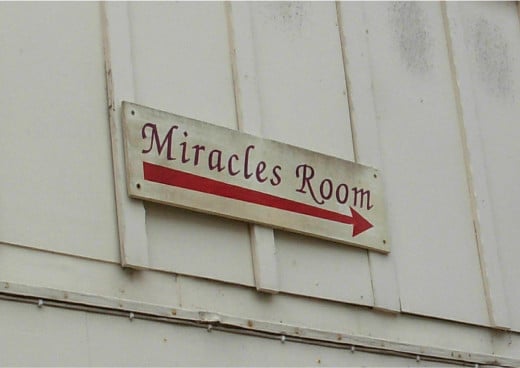
Don't Settle For Mediocracy
When you're looking for a piano teacher for your child or yourself, you try to find the best one in your area. You don't settle for mediocracy, you want a teacher who will give their all. You look for someone you can trust - someone who has a reputation known for getting good results from their students.
When you put all you have into all you do, you are exemplifying these same attributes within yourself. Even a small act, such as cleaning the kitchen can be a reflection on you, on your character. When you take pride in what you do, you are in a state of rapid progress. I'll bet you've never thought of cleaning the house, or washing the car and giving your all as you do, as being in a state of progression.
A little extra effort always gives a person an edge. As Charles Kendall Adams has said, "No one ever attains very eminent success by simply doing what is required of him; it is the amount of excellence of what is over and above the required that determines greatness."
Leonardo da Vinci
When Leonardo da Vinci was still a pupil, his elderly, well-known teacher asked him to finish a painting that he, the teacher, had begun.
"Young da Vinci stood in such awe of his master's skill that at first he respectfully declined. But his teacher would accept no excuse. He simply said, 'Do your best.' Trembling, da Vinci took his brush and began. With each stroke, his hand grew steadier as the genius within him awoke. Soon he was so caught up in his work that he forgot his timidity. When the painting was finished, the frail and weak master was carried into the studio to see it. Embracing his student, he exclaimed, 'My son, I paint no more!'
Why Should I Give My Best Effort?
It's really quite simple. When you strive to give your best you feel good about yourself. You know you have put all you have into all you do. No one can ask for more than this. People don't improve and reach their potential without putting forth great effort.
Composer and orchestra leader, Duke Ellington, used to make a simple but demanding request of the musicians who played for him. "Just give me your best," he asked. Ellington worked hard and expected the same from others.
I have this quote framed and sitting on my desk, next to my computer: "We cannot become what we need to be by remaining what we are."
In Conclusion - Key Thoughts To Remember
This article will not do you a bit of good unless you are willing to put forth whatever effort is needed to make changes in your routine. Pursue change, and do it a little bit more than you have in the past.
- Don't change your circumstances to improve your life. Instead, change yourself to improve your circumstances.
- The standards you set for yourself should be higher than the standards anyone else would set for you. In the end, you have to live with yourself, judge yourself and feel good about yourself.
Dale Carnegie said, "Don't be afraid to give your best to what seemingly are small jobs. (Like cleaning the kitchen.) Every time you conquer one it makes you that much stronger."
Do you know that Dickens's first three major works - Sketches by Boz, The Pickwick Papers, and Oliver Twist - were examples of his practicing his craft to sharpen his talent?
In his twenties, Dickens was not unlike other youthful authors. Even though he was a genius, he had artistic ambitions that he was not yet technically equipped to fulfill, and he used his first three books to write his way toward fulfilling them.
During his thirty-five-year career, Dickens wrote more than a dozen full-length novels (some are considered masterpieces), several travel books, and numerous Christmas stories. He also edited various monthly magazines and traveled extensively giving readings of his work. He was probably the most popular author in Britain's history.
But as talented as he was, he didn't start out at the top. Even a genius needs practice to sharpen his talent and reach his potential.
I sincerely urge you, as I do myself, to put all you have into all you do. Some drink from the fountain of knowledge, others only gargle.
Birthplace of Charles Dickins - The Greatest novelist of the Victorian period.
Resources
John C Maxwell. Talent is Never Enough- 1947
Wikipedia.org
http://www.actsweb.org/articles/article.php?i=1251&d=2&c=6
© 2014 Audrey Hunt

